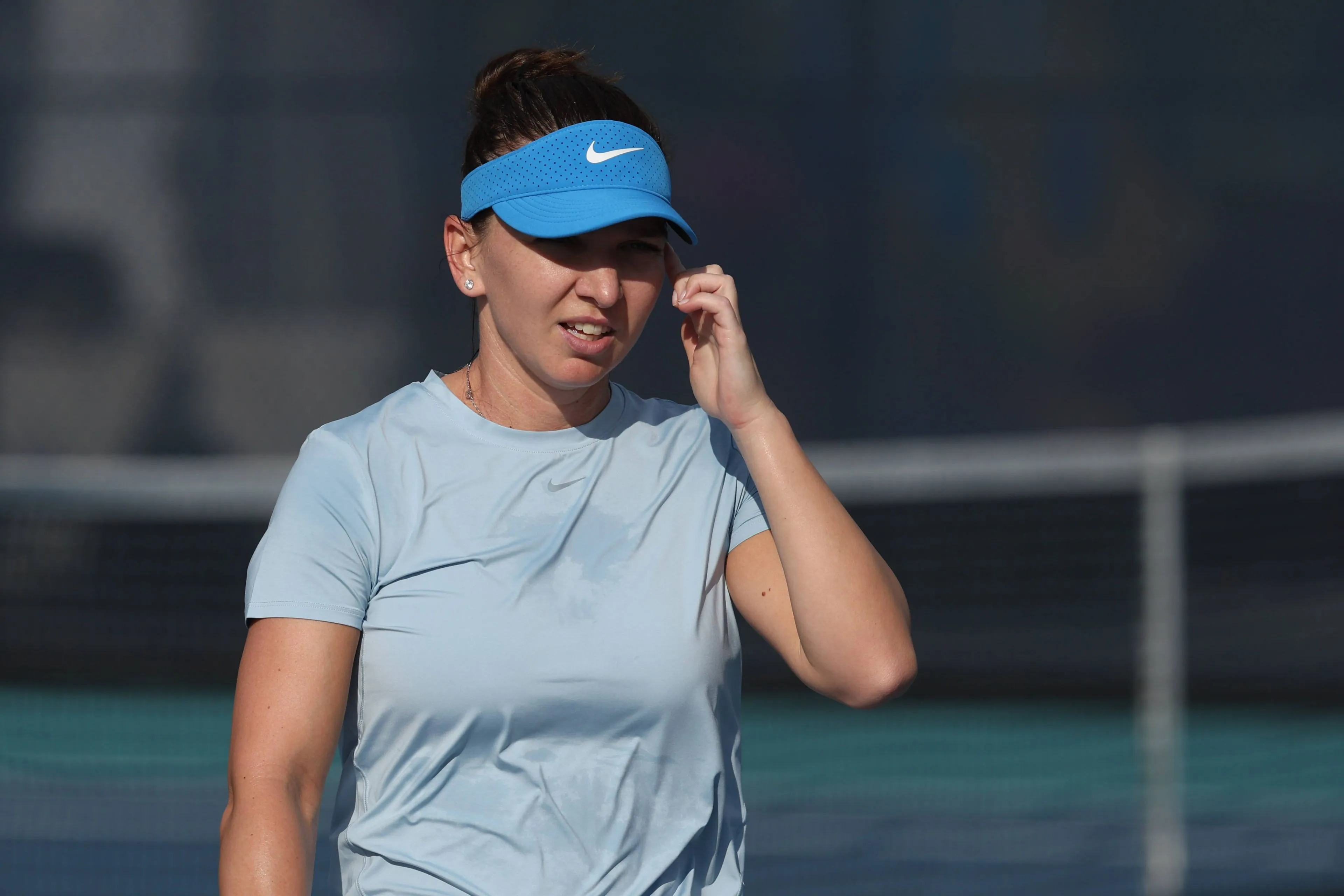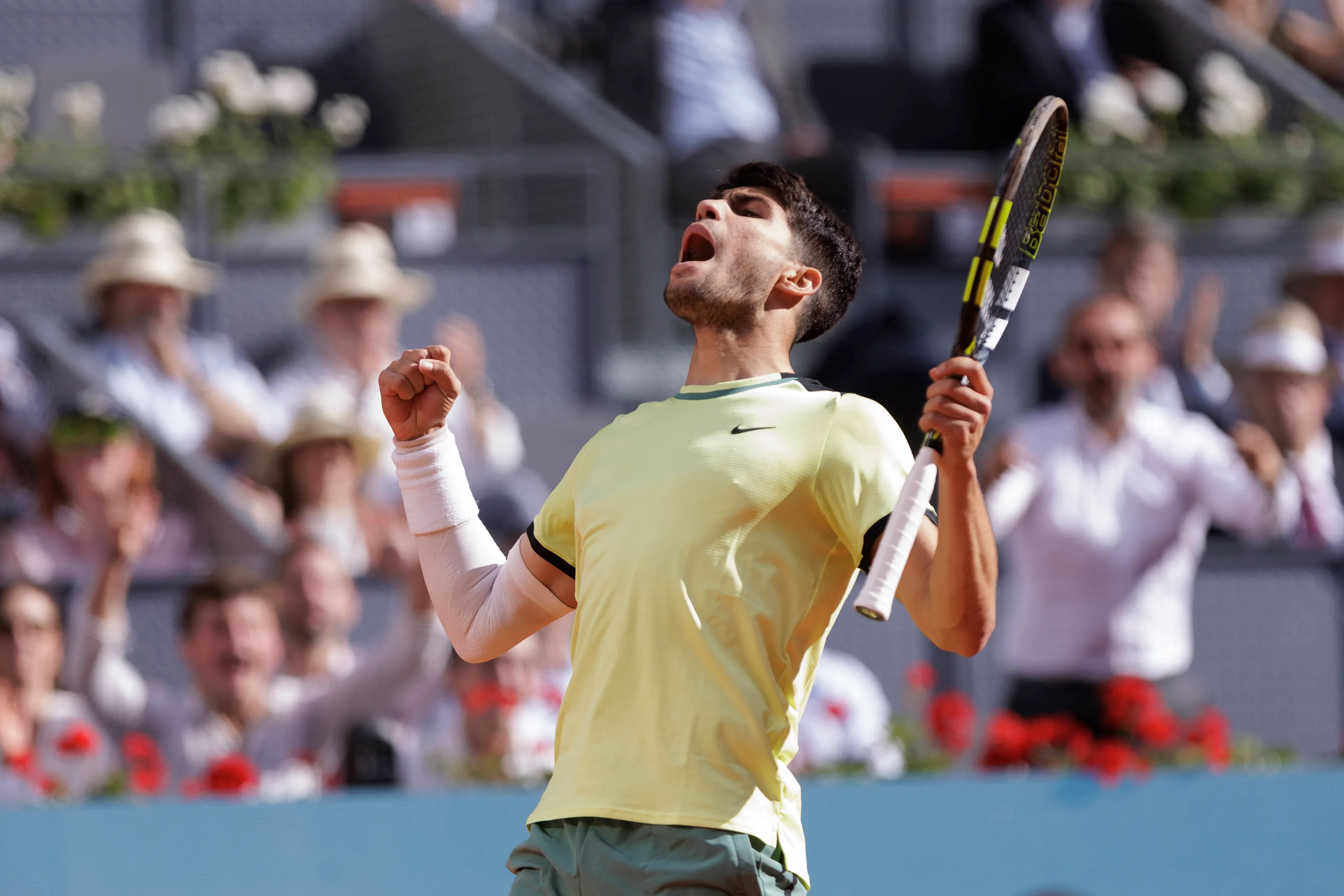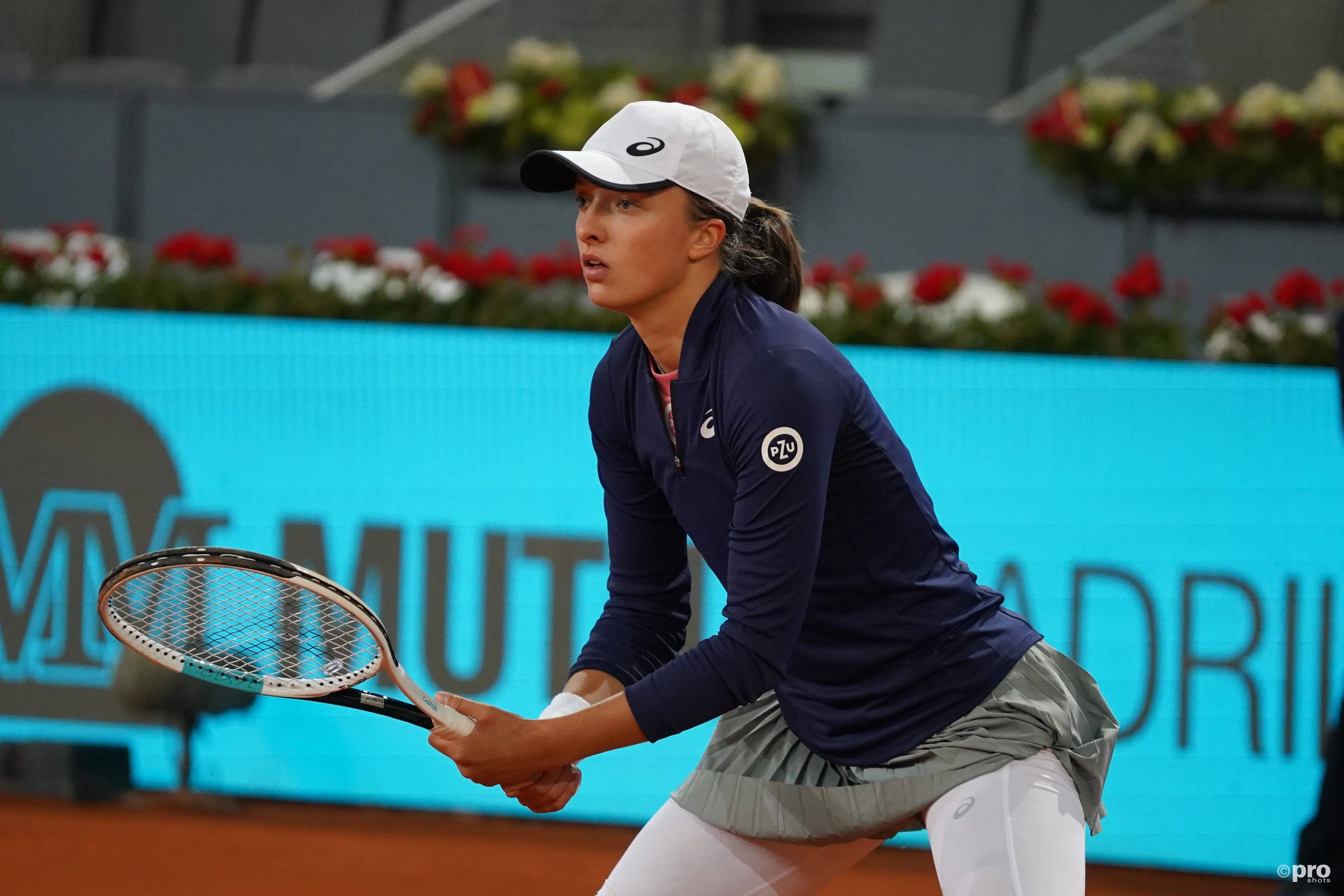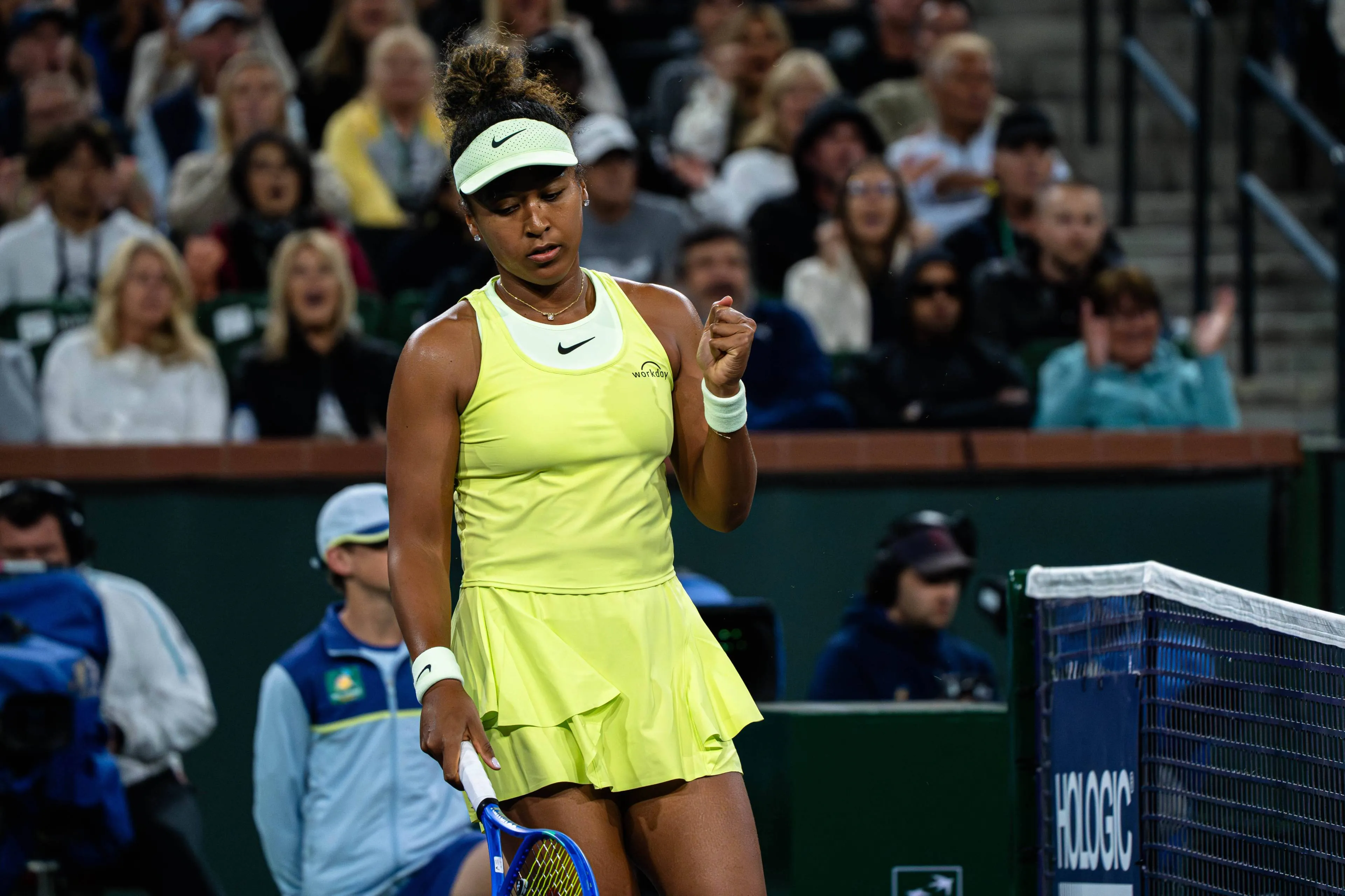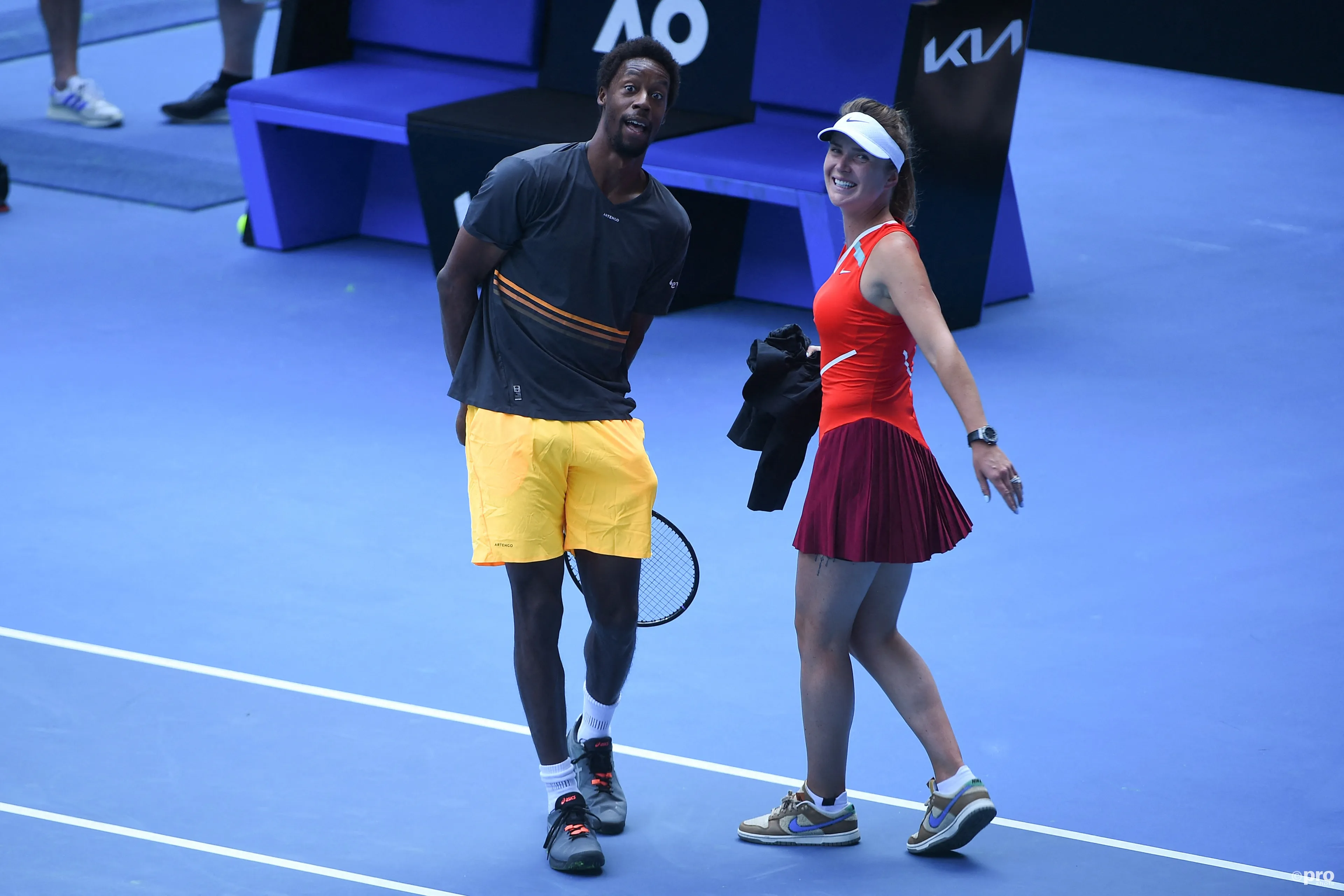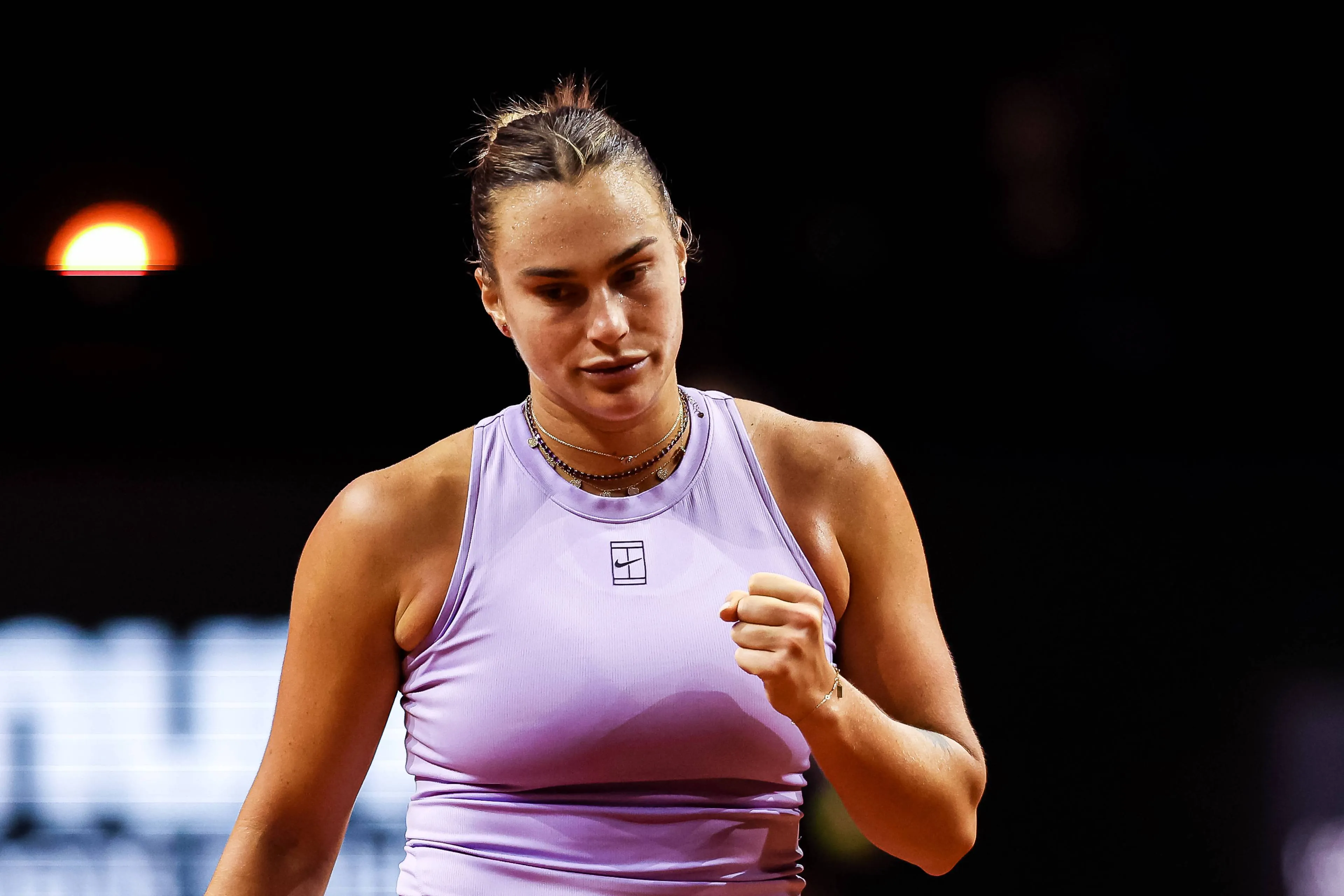"I got all the heat from the press, and for these two players they kept it secret": Simona Halep addresses Swiatek and Sinner's doping controversy
ATPThursday, 05 December 2024 at 19:30
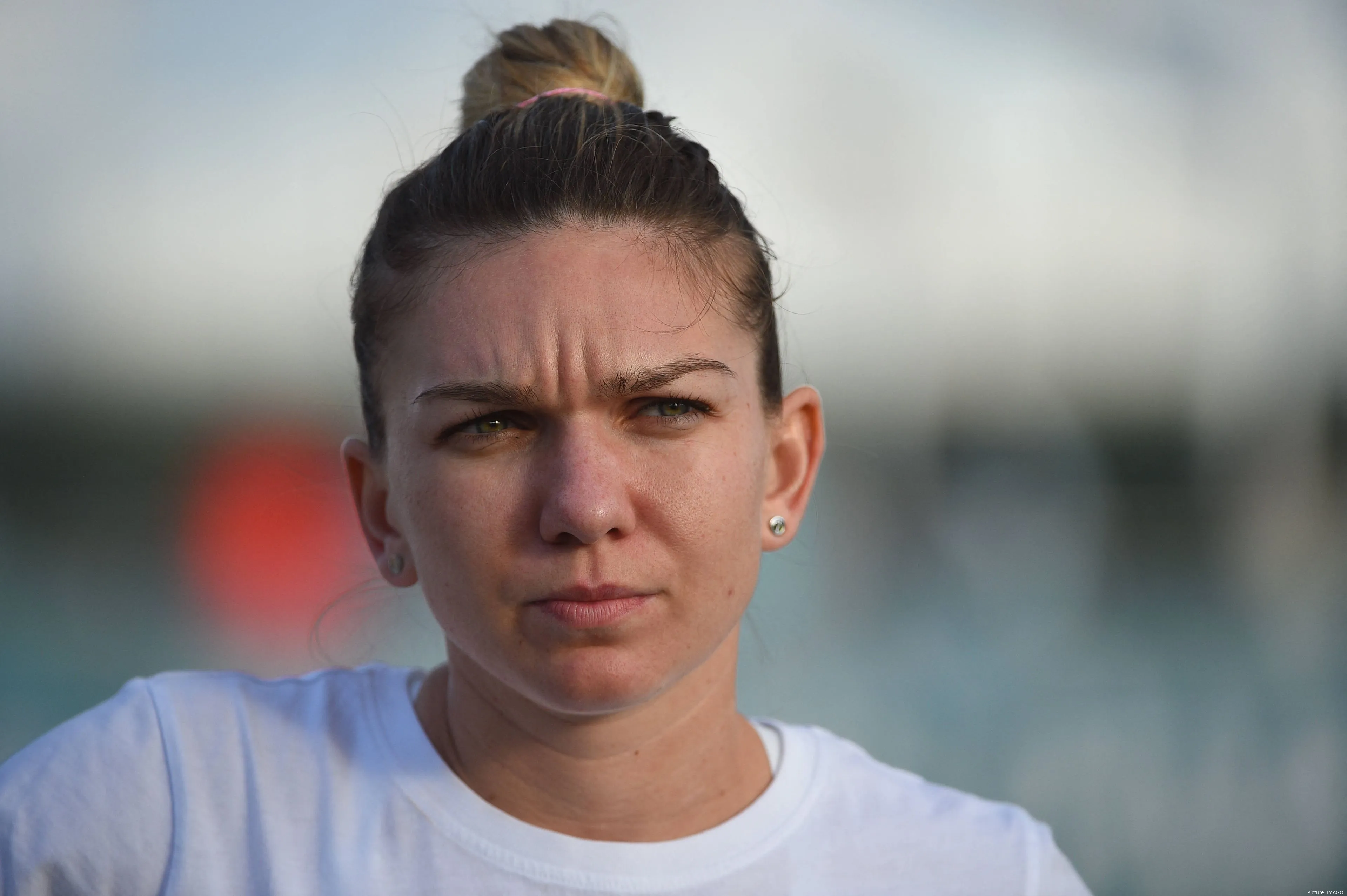
Simona
Halep addressed the doping cases but avoided naming Iga Swiatek. The former
world No. 1 faced a similar situation, though hers involved an initial
four-year suspension later reduced to nine months.
The
controversial cases of Swiatek and Sinner have drawn criticism, particularly
for not being disclosed publicly until investigations were completed. Unlike
Halep, whose positive test was made public immediately and led to a suspension
before the investigation concluded, both Swiatek and Sinner avoided
suspensions.
Halep addresses Swiatek's doping controversy
Halep has
been cited by many as a clear example of the alleged unequal treatment of
players in doping cases. The two-time Grand Slam champion discussed Swiatek’s
case in an interview with The Telegraph.
Read also
“The woman
player – I don’t want to give name, you know about who I’m talking about – she
had the three-week suspension, then she played two events, and then she gets
again suspension. What is this? I mean, I don’t understand. So I feel it is not
fair.”
The
Romanian expressed disappointment that Swiatek’s case was kept secret while
hers was publicised immediately. “What I believe is not fair, either, is that
they announced my case straight away, and I got all the heat from the press,
and for these two players they kept it secret, and they just said about the
case when everything was done, so it’s very weird."
Halep also
highlighted how she was denied the opportunity to play during her suspension. “And
I asked also to lift the provisional suspension to be able to play. I said, ‘If
you believe in the end that I am guilty, you take the points back and all the
money and everything, but let me play,’ because I wanted to keep the rhythm. I
asked this about two or three times, but now they [Sinner and Swiatek] could
play.
Read also
The former
world No. 1 also reflected on the challenges of returning to professional
tennis after nearly two years off the court. “I didn’t expect it to be so
difficult to come back, she said. I thought ‘I know the feelings, I know how I
have to train’ – but suddenly it was so difficult to manage the emotions before
the matches. I have always been emotional before matches, but now I feel sick
in the stomach again.”
“When I did
play matches, I felt a little bit soft [physically]. The steps that you have to
do towards the ball, towards the corners, they were not there. I think the
brain was not sending the right message to the legs,” she added. “Every day I
stay on the court, doing all what I did before. But when I start to play a
match, it’s different. I played two tournaments, and for three days I was so
sore. So this is my main goal: to get some matches, to get some wins, to get
the confidence back.”
claps 0visitors 0
Just In
Popular News
Latest Comments
- Well, that was ... all about nothing. Every excuse and future workout plan mentioned should have been dealt with a long time ago. R.I.P., Mark Petchey.
 mandoist22-04-2025
mandoist22-04-2025 - I hope Marion Bley is the Chair Ump for the Final. It would be Karma Served for Saba after her disrespectful 'performance' in the semi.
 mandoist21-04-2025
mandoist21-04-2025 - Coco needs to stop the Williams Hero Worship and play like 'Coco'.
 mandoist19-04-2025
mandoist19-04-2025 - Didn't expect issues between these two...SakkariFan2318-04-2025
- Send her a crate of deodorant DoveSakkariFan2318-04-2025
- Good to see, hopefully Sakkari can return to the form she deserves.SakkariFan2318-04-2025
- Shame no play on Friday but some line-up incoming..SakkariFan2318-04-2025
- Zverev's reaction lacked a bit of class this time around. He handled it better in Australia.MrAndreeva18-04-2025
- Funny from Dove & a corporate rarity.MrAndreeva18-04-2025
- Well, we all surely appreciate this bit of nothing. Go feed your kids.
 mandoist17-04-2025
mandoist17-04-2025

